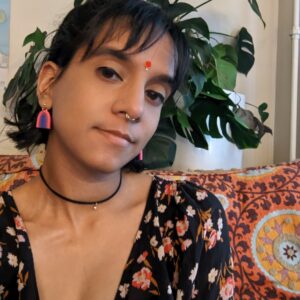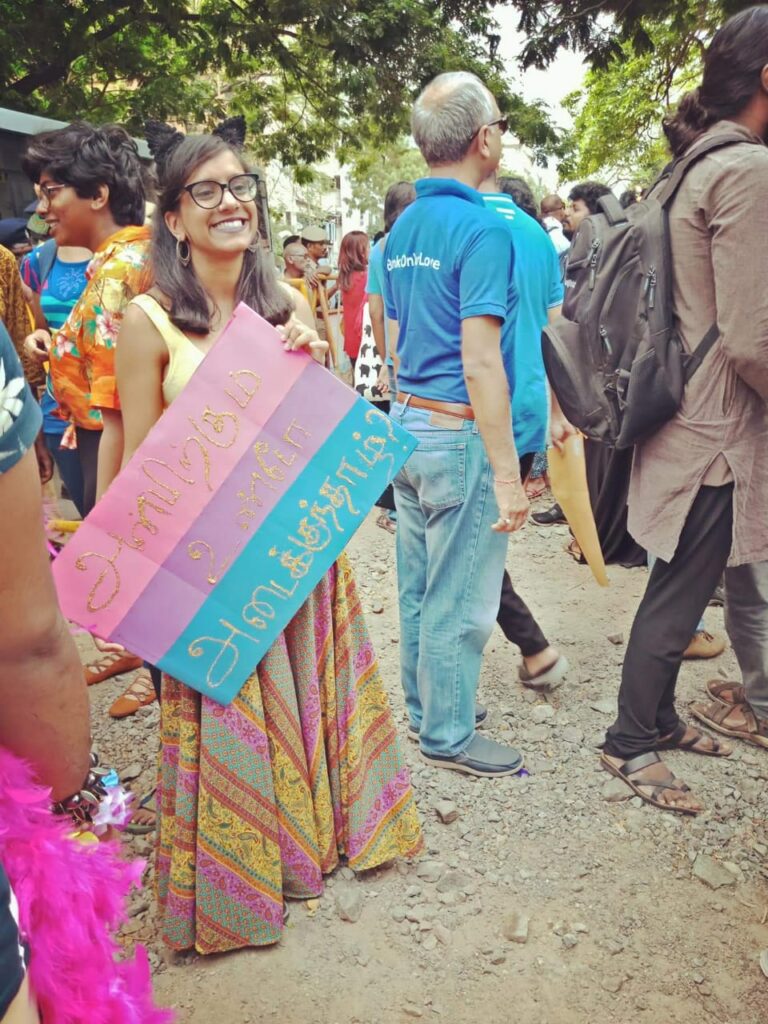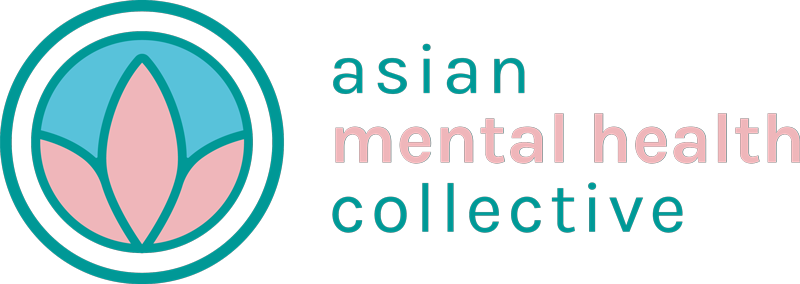In recognition of South Asian Heritage Month, we are excited to be working with the South Asian community to spread awareness around the topic of South Asian Mental Health and feature South Asian mental health professionals doing important work & helping others on their healing journey.
Meet Akshita Vaidyanathan.

What inspired you to enter the field of mental health?
This is such a hard question to answer, because the reasons have changed so much over the years. I think I’ve always been interested in psychology and the human condition, which was the initial draw. I’ve been doing mental health related work since about 2015, during that time I was involved in activism/advocacy for survivors of sexual violence and that led me to explore the pathway to becoming a professional counselor because I wanted to continue supporting survivors.
Are there any interesting theories or studies on culture or gender & sexuality that have helped you in your personal or professional journey?
Hmm, that’s such an interesting question and I definitely want to seek out more information on the topic. One thing that comes to mind is a training I attended last year called “Gender as Trauma”, it was led by Alex Iantaffi (they/them) who themselves is a counselor and Somatic Experiencing practitioner. They talk about how the concept and social constructions of gender are traumatizing for EVERYONE in different ways, not just trans and gender-nonconforming folks. They’ve written a book on it that is still on my to-read list called “Gender Trauma”.
Rather than engaging in theories or studies around gender/sexuality, I love engaging in media (books, movies, tv-shows) that highlight lived experience (fiction/non-fiction) of queer and trans folks. Some of my favorites from this year:
– All This Could Be Different by Sarah Thankam Mathews
– Light From Uncommon Stars Ryka Aoki
– A few essays from Good Girls Marry Doctors collected by Piyali Bhattacharya
– A Marriage of A Thousand Lies by SJ Sindu
– Joyland (movie)

What’s something you want other queer/trans South Asian people to know, who might be struggling with their mental health?
The biggest thing I want y’all to know is that you are not alone, and that your gender & sexual identity don’t have to be at odds with your culture. It is such a common experience for South Asian folks to feel like their queerness is irreconcilable with their ethnic and cultural identity. This does not have to be true! Queer and trans people have existed forever — we exist today, and we have always existed. Colonization did a great job at erasing these histories, but if you look for these stories, you will find them.
Is there anything you want others to know about South Asian mental health, specifically around the queer experience?
Do you have any tips for those in the South Asian community who are unable to access professional help right now?

